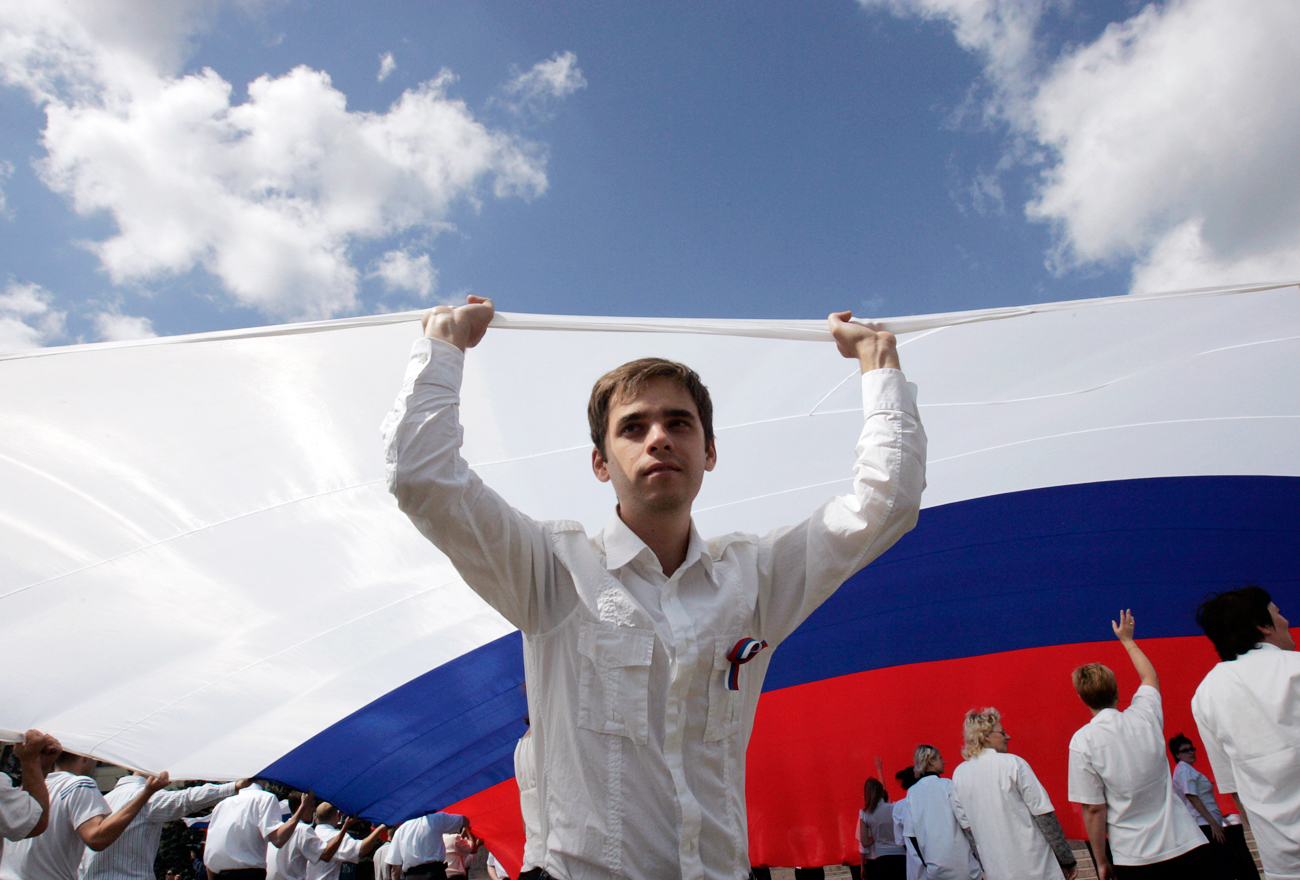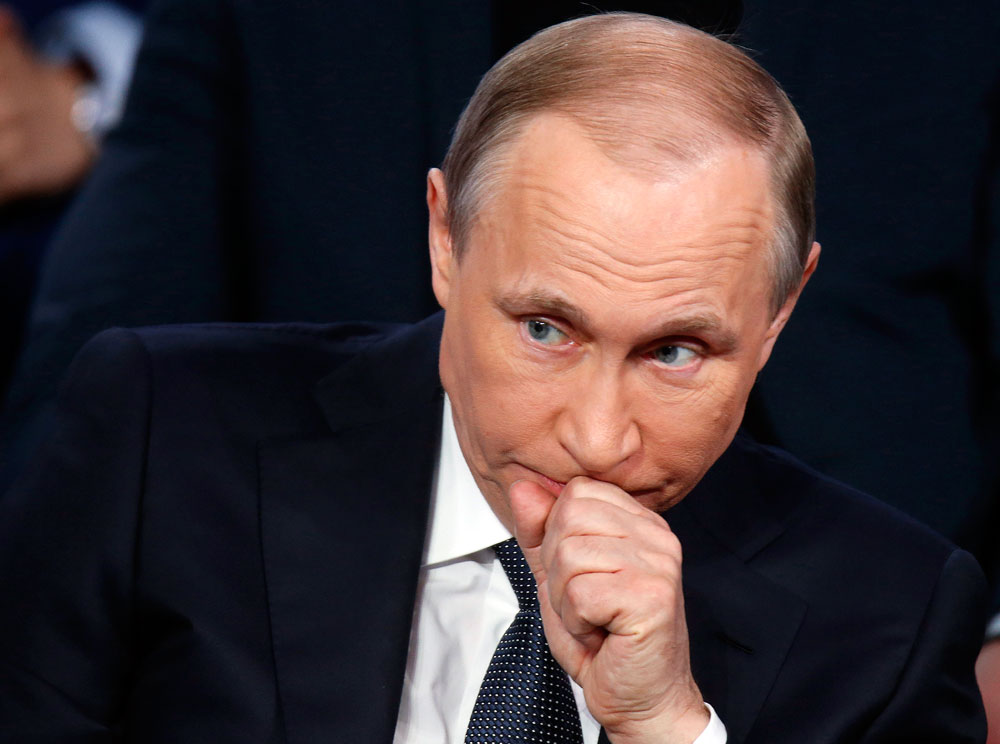Russians take pride in their nation: Survey

The idea of what constitutes a great power has changed over the last year.
ReutersThe pride of Russians in Russia in general and in contemporary Russia in particular greatly differs, indicates a new survey prepared by the Levada Centre, an independent research organization.
Both have significantly increased since March 2014, when Russia reunificated with Crimea, but pride in Russia, regardless of the current problems, still remains the stronger of the two.
According to the poll, a total of 80 percent of Russians are very proud of their country. This figure has remained practically unchanged over the 10 years of Levada surveys (2006-2016).
Pride in contemporary Russia has rocketed from 48 percent in 2006 to 68 percent in 2016. The Ukrainian crisis of 2014 and the subsequent reunification with Crimea saw the highest spurt in the growth of pride in the nation, with the percentage leaping from 53 to 69, and reaching 70 percent in 2015 before coming down to 68 in 2016.
Reasons for pride
Russians' motives for feeling proud of their country have not changed in several years. The top reasons for pride are Russian history (44 percent), the abundance of natural resources (38 percent) and the armed forces (36 percent). Economy, education, the health system and their fellow citizens are not as important for the majority of Russians.
Pride in the country's athletic achievements and position in the global arena has fallen the most over the last year. Particularly, the doping scandal involving Russian athletes and subsequent tensions in relations with the West have taken their toll.
Additionally, a substantial part of the population is proud of Russia because of the size of the country – in one year the figure has risen from 9 to 21 percent. The authors of the survey believe that this shows "the importance of the territorial factor for the national identity of a significant number of Russians."
A great power
The idea of what constitutes a great power has changed over the last year. Many Russians have started prioritizing military strength (48 percent).
Although respondents in 2015 believed Russia to be a great power primarily because of the population's wellbeing and the country's economic potential, this year, the importance of these factors has fallen from 58 percent last year to 39 percent in 2016.
Fewer and fewer Russians think that the wellbeing of citizens (41 percent in 2016) and civil rights and freedom (10 percent in 2016) are important reasons for calling their country great.
All rights reserved by Rossiyskaya Gazeta.
Subscribe
to our newsletter!
Get the week's best stories straight to your inbox

